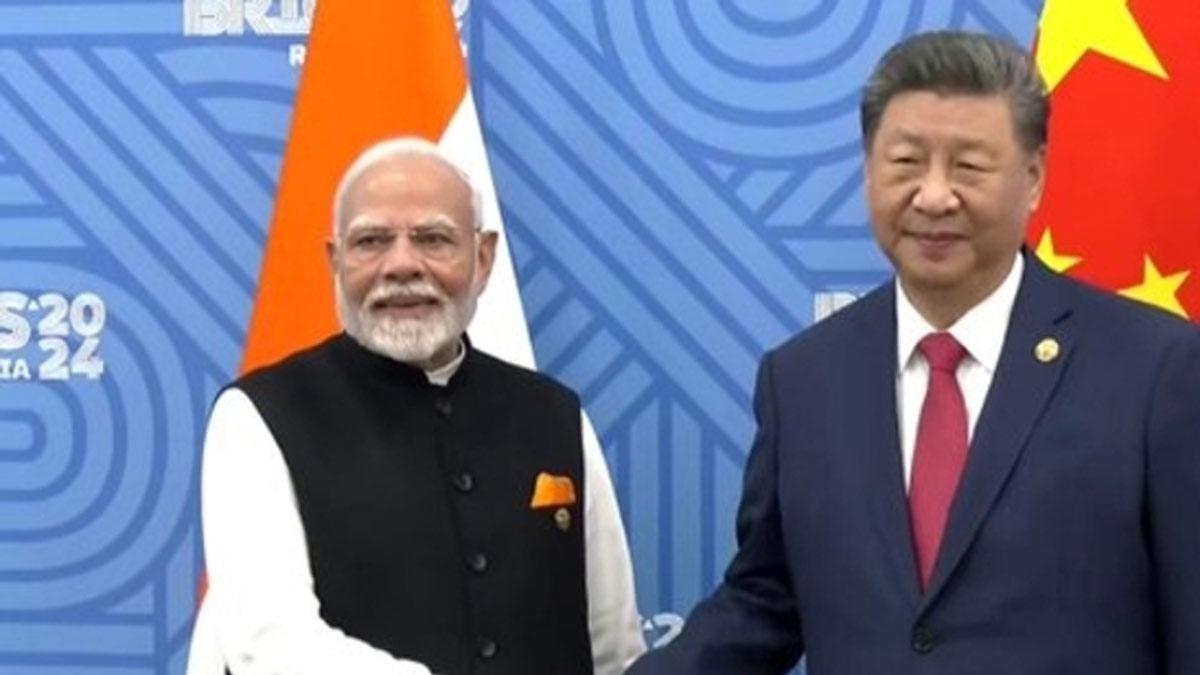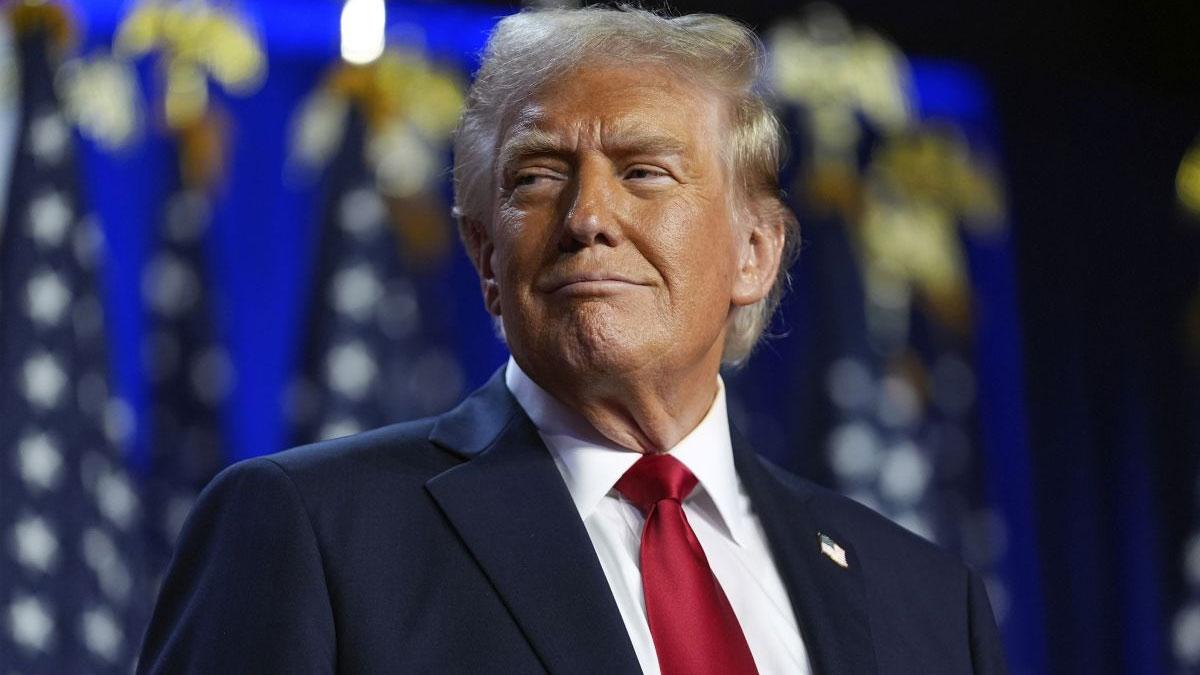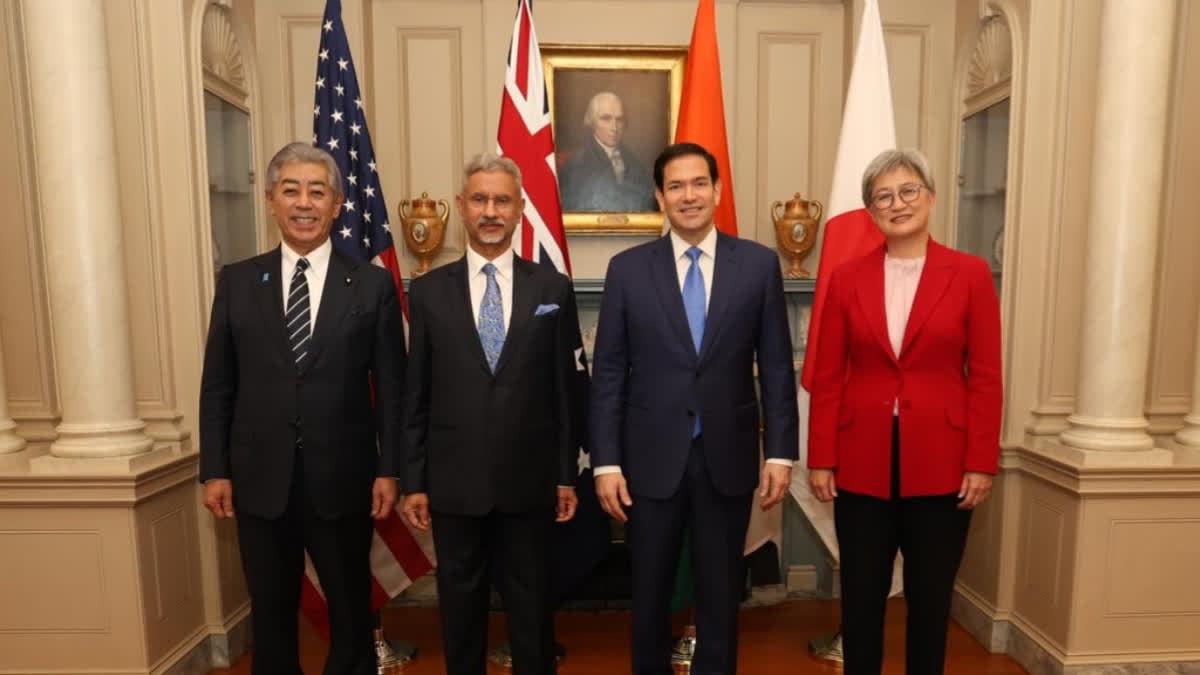India-China ties must be built on three mutuals: mutual trust, mutual respect, and mutual sensitivity if they are to get back on the right track and sustain over a period of time, said Prime Minister Narendra Modi at a joint media conference with Chinese President Xi Jinping here on Wednesday.
"We welcome the consensus reached on the issues that have arisen on the India-China border in the last four years. Maintaining peace and stability on the border should remain our top priority," he said. Mutual trust, mutual respect, and mutual sensitivity form the basis of our relations," PM Modi said in a critical bilateral meeting with Xi Jinping, the first at the delegation level in nearly five years, in the Russian city of Kazan on the sidelines of the BRICS Summit.
Thus, with PM Modi stressing the importance of India-China relations not just for the nationals of both the countries but also for international peace, stability, and progress, Chinese President acknowledged the fact that both countries, as well as the world, were closely watching the event. "China and India are both ancient civilizations, major developing countries, and important members of the Global South. We are both at a crucial phase in our respective modernization endeavors.".
It is appropriate to maintain the good momentum of our historical trend that serves the fundamental interests of our two countries and two peoples for both sides, Xi Jinping said. It means important communication and cooperation between both sides, proper handling of differences and disagreements between both parties, and more facilitation for each other in pursuing development aspirations. It is also something that requires both parties to share our international responsibility, set an example for boosting the strength and unity of developing countries, and help drive multipolarization and democracy in international relations, he said.
The breakthrough in bilateral talks, the first since the bloody Galwan Valley face-off between soldiers of the two countries on the Line of Actual Control (LAC) in June 2020, was made possible after New Delhi and Beijing on Monday agreed on patrolling along the nearly 3,500-km Line of Actual Control (LAC) to end the four-year-long border confrontation.
The two leaders agreed that the special representatives on the India-China boundary question will meet at an early date to oversee the management of peace and tranquillity in border areas and explore a fair, reasonable, and mutually acceptable solution to the boundary question.
Relevant dialogue mechanisms at the level of foreign ministers and other officials will also be used to stabilize and rebuild bilateral relations, said a statement issued by the Ministry of External Affairs after the meeting between the two leaders. It noted that the two leaders agreed on the point that stable, predictable, and amicable bilateral relations between India and China, being two neighbors and the two biggest countries on earth, would contribute hugely to regional and global peace and prosperity.
"It will also contribute to a multipolar Asia and a multipolar world.". The leaders stressed the need to take bilateral ties forward from the strategic and long-term view, enhancement of strategic communication, and cooperation to tackle the development challenges, mentioned in the statement. On Monday, Foreign Secretary Vikram Misri confirmed that Indian and Chinese diplomatic and military negotiators had been in close contact with each other in a variety of forums over the last several weeks after which an agreement was reached on patrolling arrangements along LAC, leading to disengagement and resolving issues that had arisen in specific areas in 2020.
The Chinese Foreign Ministry confirmed the patrolling arrangements in the India-China border areas even as Xi Jinping left for Kazan on Tuesday. Both sides have been holding discussions through established diplomatic and military channels to deal with the situation as the Chinese side attempted to transgress the LAC in other parts of the Western Sector of the India-China border areas.
External Affairs Minister (EAM) S. Jaishankar said on Monday that the latest agreement creates the basis for peace and tranquility, something that should exist in border areas as it was before 2020—something that had been India's major concern for a few years in the bilateral relationship to normalize. "At various points of time, people almost gave up.".
We have always maintained that on the one hand, we had to obviously do the counter deployments… But, side by side, we have been negotiating since September 2020 when I met my Chinese counterpart Wang Yi in Moscow. This has been a very patient process, maybe more complicated than it could and should have been.
The fact is that if we are able to, as we now have, reach an understanding with respect to patrolling and observing the sanctity of the LAC, then, I think it creates the basis for peace and tranquility, which there should be in border areas and existed there before 2020, remarked Jaishankar while speaking at the NDTV World Summit.
Read also| India Advocates Dialogue and Diplomacy Over War, PM Modi at BRICS Summit


















